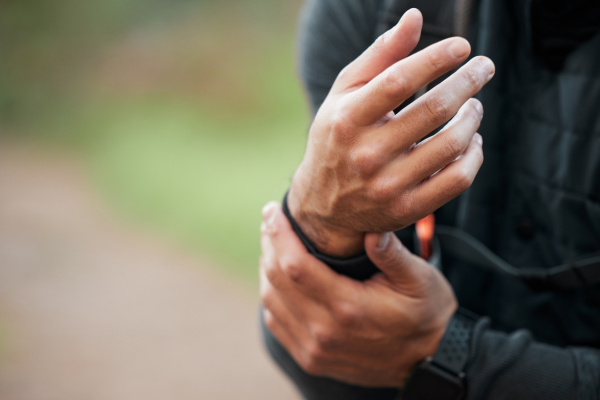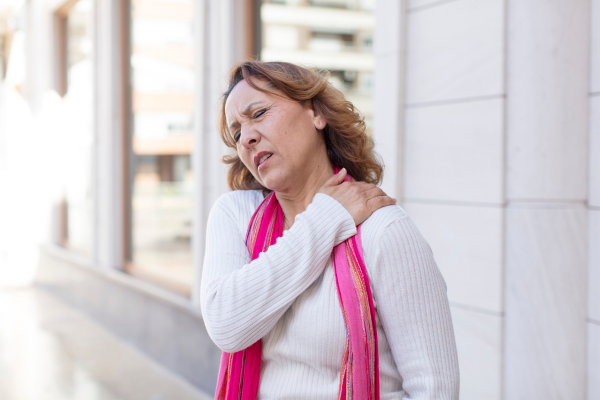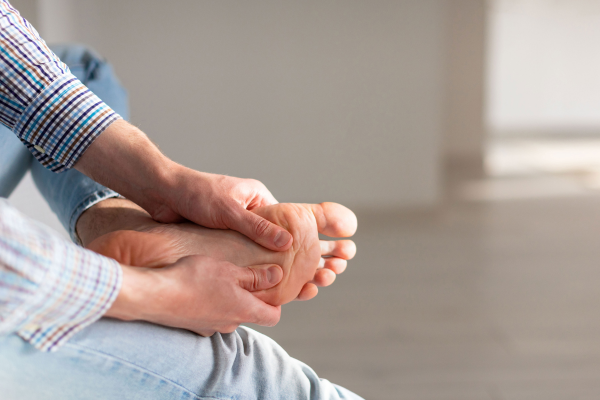Running a marathon is a huge achievement. Months of training and hard work, and probably in the rain as well. Standing in the start zone, as ready as you will ever be. Pacing yourself along the 26.2 mile route, hydration and gels, beating the wall, pushing to the end. Then the finish line comes into view, made it! Nothing left to give, a shiny medal round your neck and a questionable goody bag to carry home. It’s over!
The first five minutes
Except it’s not over! In the elation of finishing, the frenzy of back slapping and selfie taking, it is important to recognise that you have just entered the next phase of marathon running – recovery. Twenty-six-and-a-bit miles will have taken a huge toll on your body, not just your legs. Muscles are damaged, tendons and ligaments are contracting as your body cools rapidly. Having just burned around 2,600 calories, your food stores will be depleted, and you are possibly dehydrated. It is not uncommon to feel nauseous as a result. It is tempting to just want to collapse on the ground and hope it all goes away. There are four things it is really important to do as soon as possible after finishing:
Change your clothes: Get out of your damp running gear and put a set of warm, dry clothes on. Your body will be cooling rapidly, and damp clothing will not help. As your feet are likely to have swollen, you might want to change your footwear to something broad and comfortable.
Keep moving: We will discuss a structured warm down later, but in the first instance, don’t seize up. Gentle walking is fine. Don’t go and sit down.
Rehydrate: You are likely to have lost between two and five kilograms of water body weight during the race. You need to start replacing fluid. Recovery drinks or tablets are fine, but pure water is just as good. Drink even if you don’t feel thirsty. A headache is often a sign of dehydration.
Eat: Those 2,600 calories need to be replaced, and now is the time to start. Bananas are good, but frankly your body will tell you what it needs. Easy to digest salty snacks are good. Avoid too much sugar to start with, as it can cause a crash. Eat little and often, until your body tells you otherwise!
The first hour
As soon as you feel able, start to do some gentle stretching. Don’t overdo it. Calf muscles and hamstrings are a good place to start, but flexing your back, and rolling your neck and shoulders will help them recover from the three hours plus of repetitive movement. If a sports massage is available, take full advantage of one! Avoid pain killers if possible, as they could mask an injury that your body needs to protect.
The first hour is when hunger may suddenly appear. Some athletes swear that protein is the way to go, others that carbs are what your body needs. Just listen to your body and treat it to what it wants, balanced nutrition can come later, right now it wants fuel! Keep drinking, again little and often and keep moving as much as possible. Take care when jumping into a car, especially if it is to drive, as leg cramps can be both painful and dangerous.
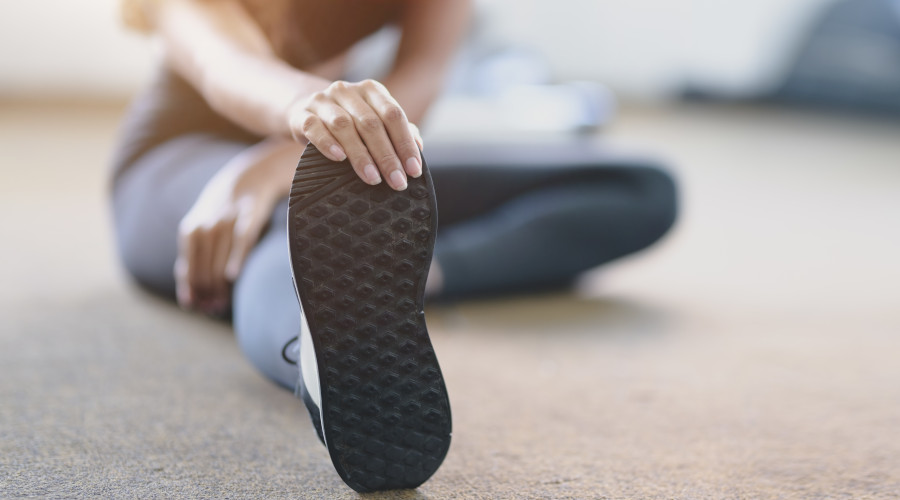
The rest of race day
Take it easy! If you feel like walking around the city or town where the race took place, great, but don’t force it. A long bath or shower is a great way to relax mentally and physically. The science of cold vs hot water is mixed at best, so go with which one you would prefer. A long hot bath is the preference of many, just try not to fall asleep!
Keep monitoring what your body is telling you. The craving for sweet or salty food you had straight after the race may have changed, as your body recovers. Basically, eat whatever you like here, the more the better. Keep an eye on the colour of your wee too, it’s a reliable sign of how well you have rehydrated. Pale yellow is the colour to aim for, if it’s darker, try to drink more.
You may start to notice soreness, blisters or areas that have rubbed. Treat these with anti-chafing cream as required and try to wear clothing that gives the affected area some space. Make a note of where these areas are, so you can adjust your running gear in case you decide to run another marathon! If you are worried about more serious damage to your feet, consult a podiatrist.

The first night
Hopefully, refuelled, rehydrated, and refreshed, you are now ready for a well-deserved sleep. If you fall asleep straight away, congratulations, but don’t fret if it takes a while, your body has been through a lot. Take care when waking up, your body may still be stiff, and it is not unknown to pull a muscle when getting out of bed. You may have reduced flexibility too, which can make getting dressed more of a challenge. It’s normal, so don’t worry.
The next few days
The first few days after a marathon will be different for everyone. It is important to keep moving, refuelling, and listening to your body. Your muscles will have microtears from the running and need time to recover, blisters need time to heal. If you want to keep active in the first few days, swimming or (gentle) cycling can offer alternatives to running. Yoga and Pilates make excellent recovery classes. Keep up the gentle stretching. And why not treat yourself to a sports massage.
When you do feel ready for your first run, take it easy in both distance and pace. Expect the first run to feel hard. The most important thing to do is to listen to your body and do what it tells you. If you are worried that you may have suffered longer-term damage, or have specific pain resulting from the marathon, seek professional advice from your GP or a qualified osteopath or physiotherapist.
Next week and beyond
It may take a few weeks to fully recover from a marathon and if this is the case, don’t worry it is completely normal. You pretty much need to continue what you have been doing over the first few days. Eat, stretch, rest, walk/gentle exercise.
If you do need a sports massage or need to see a physio we are here to help. We have two clinics you can visit, one in Corsham and one in Swindon.


